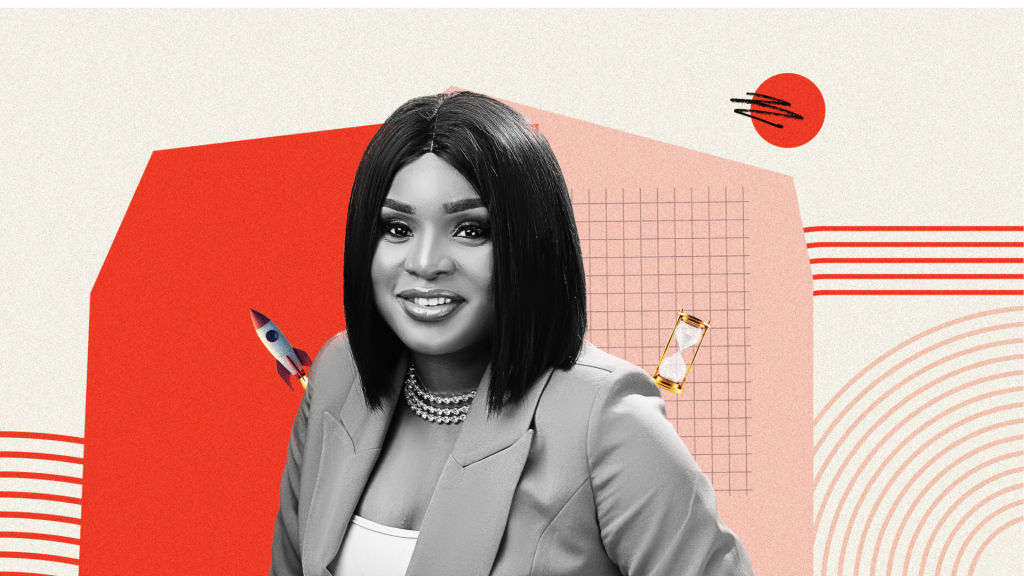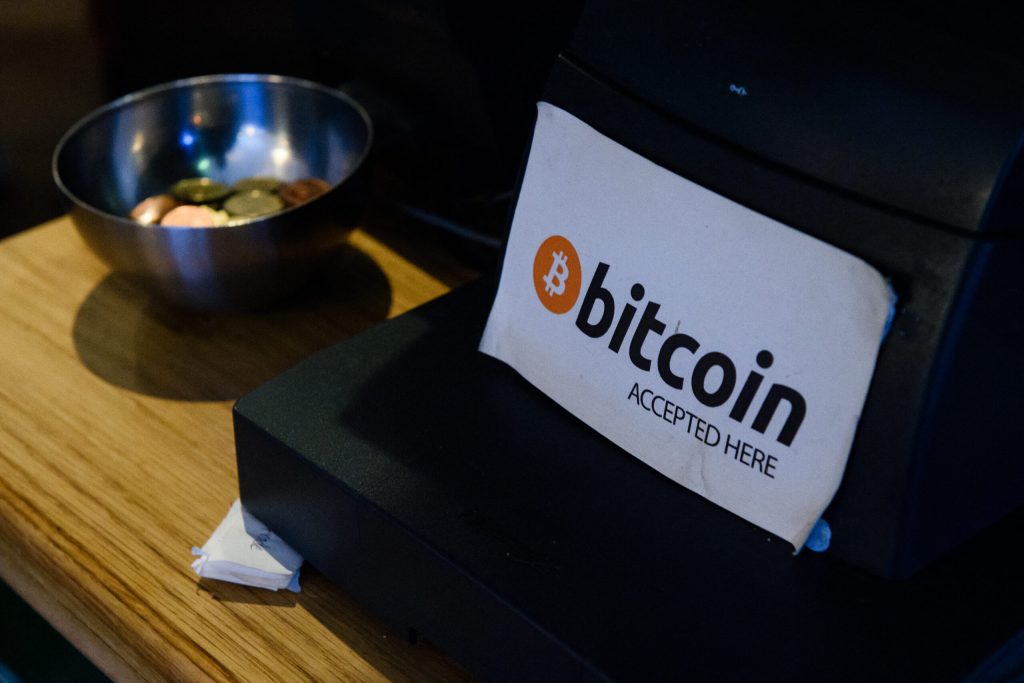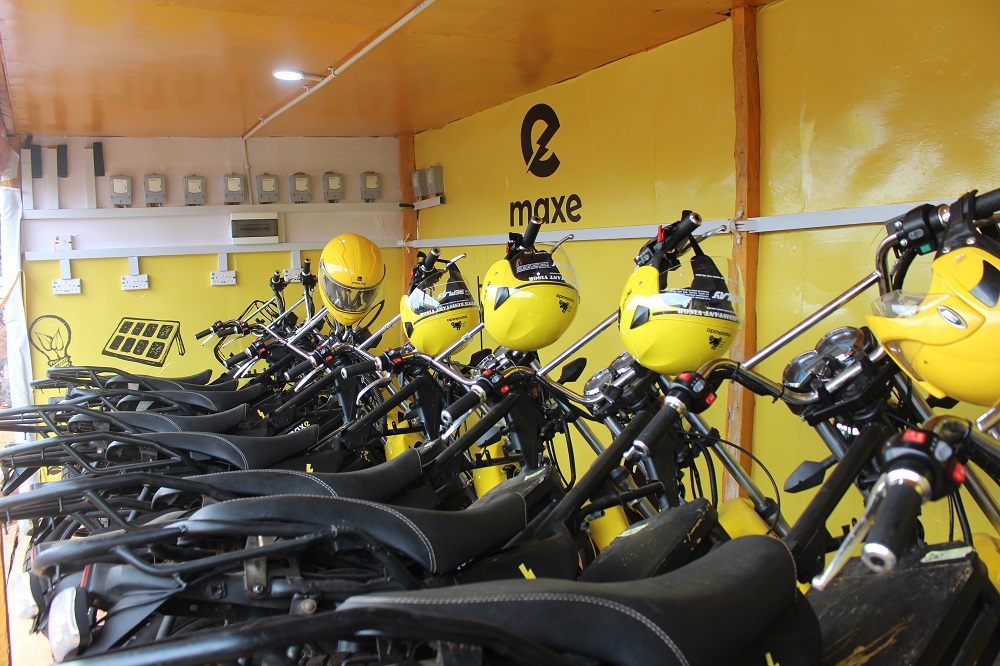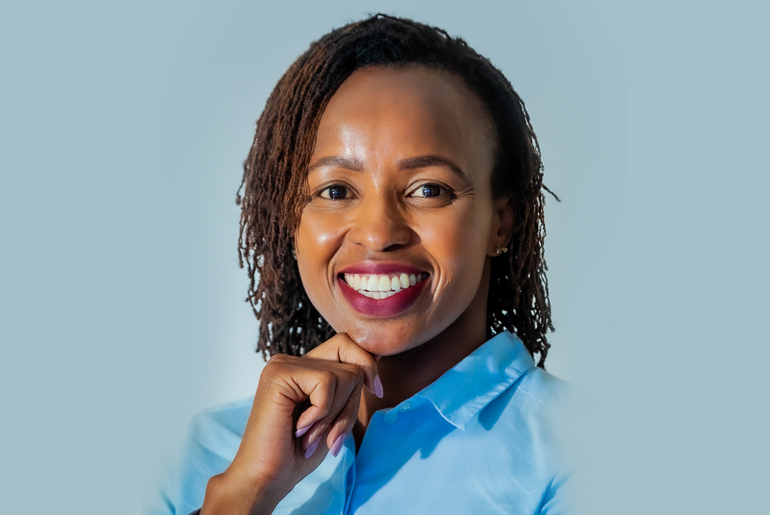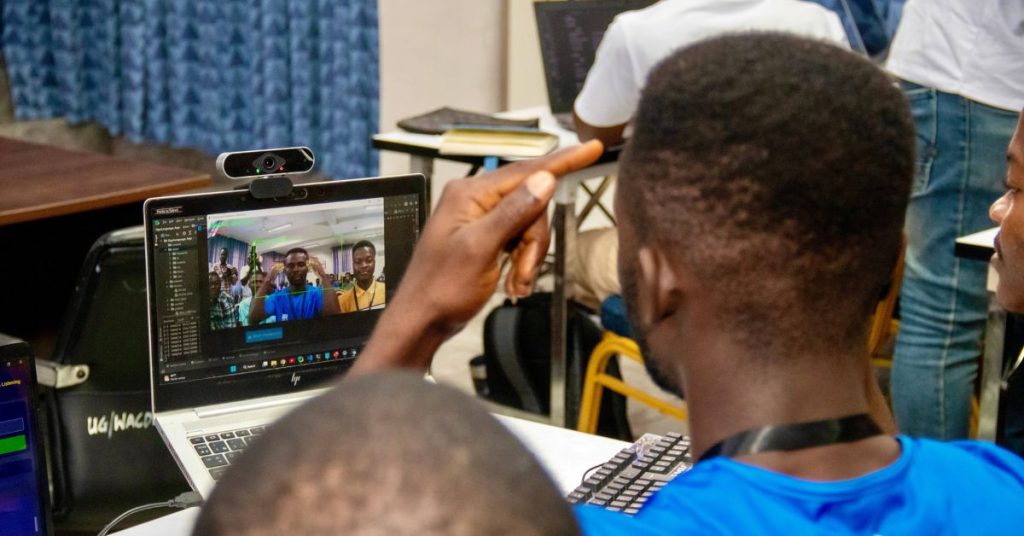In this conversation with Thomas Templeton, Lead of the Proto team at Block Inc., we discuss blockchain technology, the potential for Bitcoin to play a role in addressing Africa’s financial challenges, and Block Inc.’s recently launched self-custody wallet – Bitkey.

To begin, what exciting developments do you foresee for the future of Bitcoin and blockchain technology in Africa as a whole?
Blockchain technology is a game-changer globally and, specifically in Africa, it can really help bridge the gap between traditional financial services and the unbanked population and also increase transparency in areas like land ownership, agriculture supply chains and traceability, which have traditionally been a burden for many in the continent. Some examples we see already of this coming to life:
TBD, part of Block and focused on creating open and decentralized technologies to connect the financial world, recently announced that it has partnered with Chipper Cash, one of the largest financial technology firms in Africa to accelerate its global cross-border payments. In December 2023, they announced a similar partnership with Yellow Card, the largest and only licensed stablecoin on/off ramp on the African continent. By integrating with the tbDEX protocol, these payment platforms can power cross-border payments and decentralized identity use cases for individuals and businesses on the continent for quicker and lower-cost transactions.
Africans are also pioneering the future of sustainable Bitcoin mining methods and systems. One example is Gridless, a Kenyan bitcoin mining company, backed by Block, that uses hydro-powered microgrids (under 1 megawatt capacity) to mine bitcoin and provide electricity to several rural communities in East Africa. Gridless is also behind the recent launch of the Green Africa Mining Alliance with three other companies, Sukuma Ventures from Kenya, Trojan Mining from Nigeria, and QRB Labs from Ethiopia, in an effort to standardize a common approach to sustainable bitcoin mining and encourage collaboration across industry players.
There are great examples of the potential of blockchain technology, but there are also still many challenges, including regulatory uncertainty, lack of infrastructure, and limited awareness. Governments and industry stakeholders should continue to work together to create a fruitful environment for blockchain and bitcoin adoption in the continent.
Why did Block create Bitkey, and what makes it unique compared to existing self-custody wallets?
Economic empowerment is an integral part of Block’s mission, and we view Bitcoin as a tool that can help expand access to a truly open financial network.
The Proto team at Block, the team behind Bitkey as well as Block’s mining efforts, that I lead, has the mission to accelerate the transition to a more open, equitable global economy, and open protocols like Bitcoin are integral to achieving that. There are several things that we believe make Bitcoin (vs other digital currencies) special in providing value to people around the world: bitcoin is the most decentralised, the most secure and the most mature/resilient; it’s also the most time-tested vs. newer blockchains or ecosystems; and it’s the best positioned to be the native currency of the internet.
Aiming to make everyday use of Bitcoin safe and very easy, we decided to build a wallet that allowed people to build and protect their long-term savings, and support the payment use cases we expect Bitcoin to support increasingly in the years ahead.
Bitkey is the safe, easy way for people from all around the world, with different experiences with technology and financial services as well as different economic backgrounds, to own and manage their Bitcoin with confidence – on their own terms. It’s a self-custody bitcoin wallet with three parts — a mobile app to make transactions easily on the phone, a hardware device to protect savings securely offline, and a set of recovery tools in case customers lose their phone or hardware, or both. As an innovative multi-signature self-custody wallet, Bitkey also provides unique recovery tools that give customers multiple ways to recover their money, so they can take their bitcoin off exchanges and truly own it themselves, without the anxiety of guarding a long complex seed phrase.
Bitcoin has gained significant traction in Nigeria, but security concerns remain. How does Bitkey address these security concerns, especially relevant in the Nigerian context with scams and hacks being prevalent?
We have designed and built Bitkey with a big focus on security, both for the customer’s peace of mind and to keep funds safe at all times. Bitkey is a 2-of-3 multi-signature wallet, where two keys are required to make any transaction, and customers hold two of those three keys in their hands: one in the mobile app and one in the hardware device. A third key is on Block’s servers and is used for recovery purposes and to co-sign transactions when the customer chooses so, allowing them to leave the hardware device safely at home (remember two of the three keys are required).
This design eliminates the need for customers to store long seed phrases offline or in vulnerable online platforms and makes it easier and more secure to recover access to the wallet in case life happens. We offer a suite of recovery experiences to cover almost any scenario.
If customers lose their phone, there is the Cloud Backup, using hardware to decrypt the encrypted key on the cloud (with the help of Block’s key). If they lose their hardware, or both the mobile key and the cloud backup, we have the delay and notify offering which is a 7-day period where the customer will receive notifications on their phone, preventing attacks as they will be able to stop a recovery process that has not been initiated by them (with the help of Block’s key).
If they lose both the phone and the hardware, their Trusted Contacts will help them regain access to their mobile key and they can then order and set up a new hardware. If the Bikey app is no longer available, or the customer no longer wants to rely on Block or Bitkey to hold their bitcoin, an Emergency Access Kit is available for them to take their funds off Bitkey to another wallet without the involvement of Block. That’s why we say Bitkey is bitcoin that’s easy to use and hard to lose.
Finally, I’d like to mention the security layer of the integrations with exchanges. Through that integrated experience, we’ve worked with our partners (at the moment, Cash App in the US and Coinbase globally, and more to come soon), to ensure customers can safely withdraw their Bitcoin from those custodial platforms to the Bitkey wallet immediately after purchasing the bitcoin – ensuring they benefit from what exchanges do best (converting fiat currencies to/from bitcoin) while ensuring that customers truly own their bitcoin in the self-custody wallet we offer through a seamless transfer experience, avoiding the need to copy/paste addresses from one app to another, and making the experience more secure.
What are the key benefits of self-custody wallets like Bitkey compared to traditional exchange-held wallets?
With self-custody wallets, it’s the customer who owns the keys that grant access to the wallet, while with custodial solutions, the customer relies on the custodial to hold their keys for them. We don’t think self-custody is the only answer, but we do think it’s the right place where people should hold and manage their Bitcoin or other assets in order to truly own them. Bitkey is designed to empower the next 100 million people to truly own and manage their money with Bitcoin with an easy-to-use but secure self-custody wallet, and that means people with very different levels of technical knowledge.
Part of our mission relies on finding people where they are and connecting them between the fiat and Bitcoin worlds, and we believe exchanges are great for people to buy, sell and trade with Bitcoin or other currencies within a regulated environment. We are partnering with them because we want to help our customers move their coins off those exchanges and into a self-custody solution where they can really own that bitcoin.
Custodial platforms (like Block’s Cash App or Coinbase) have a critical role to play in the conversion between fiat and bitcoin and we are excited about those companies being partners of ours to offer Bitkey customers an integrated experience to transfer or buy bitcoin from the custodial platform of their choice directly into the Bitkey wallet.
How does Bitkey cater to the specific needs of the Nigerian and West African market, considering language barriers, accessibility, and payment methods?
With Bitkey, we launched and continue building a global product which is available in 90+ countries including Nigeria. The team keeps working on a product that serves customers from many different economic and technical backgrounds and we have an ambitious roadmap ahead of us after these first three months after the launch, and we continue to add localization to more and more countries around the world.
What are your thoughts on the potential for Bitcoin to play a role in addressing financial challenges faced by Nigerians, such as inflation and limited access to traditional financial services?
The Bitcoin decentralized payments network has the potential to create a more inclusive financial system for all, especially those who have traditionally been underserved. In the future, we believe customers will demand ownership and self-custody because it brings peace of mind, reduces dependence on any one entity, and puts individuals in control of their own Bitcoin. With Bitkey, we are building a safe and easy way for people all around the world with different levels of experience with Bitcoin to take control of their finances on their terms.





